NHS at 75 in photos: Look back at one of Britain’s greatest achievements
This book is a nostalgic celebration of the NHS, publishing to coincide with the 75th anniversary on 5 July

Since its inception in 1948, the National Health Service has held a place at the heart of the nation.
Promising to care for the citizens of Britain ‘from the cradle to the grave’, its offer of universal health care for all, regardless of wealth or status, is widely regarded as one of Britain’s greatest political achievements and has long been the envy of all nations.
These images, taken from the 20th century, capture the optimism and ideals of the early years and celebrate the NHS’s many triumphs and trials – providing a timely reminder of the importance of its continued survival.
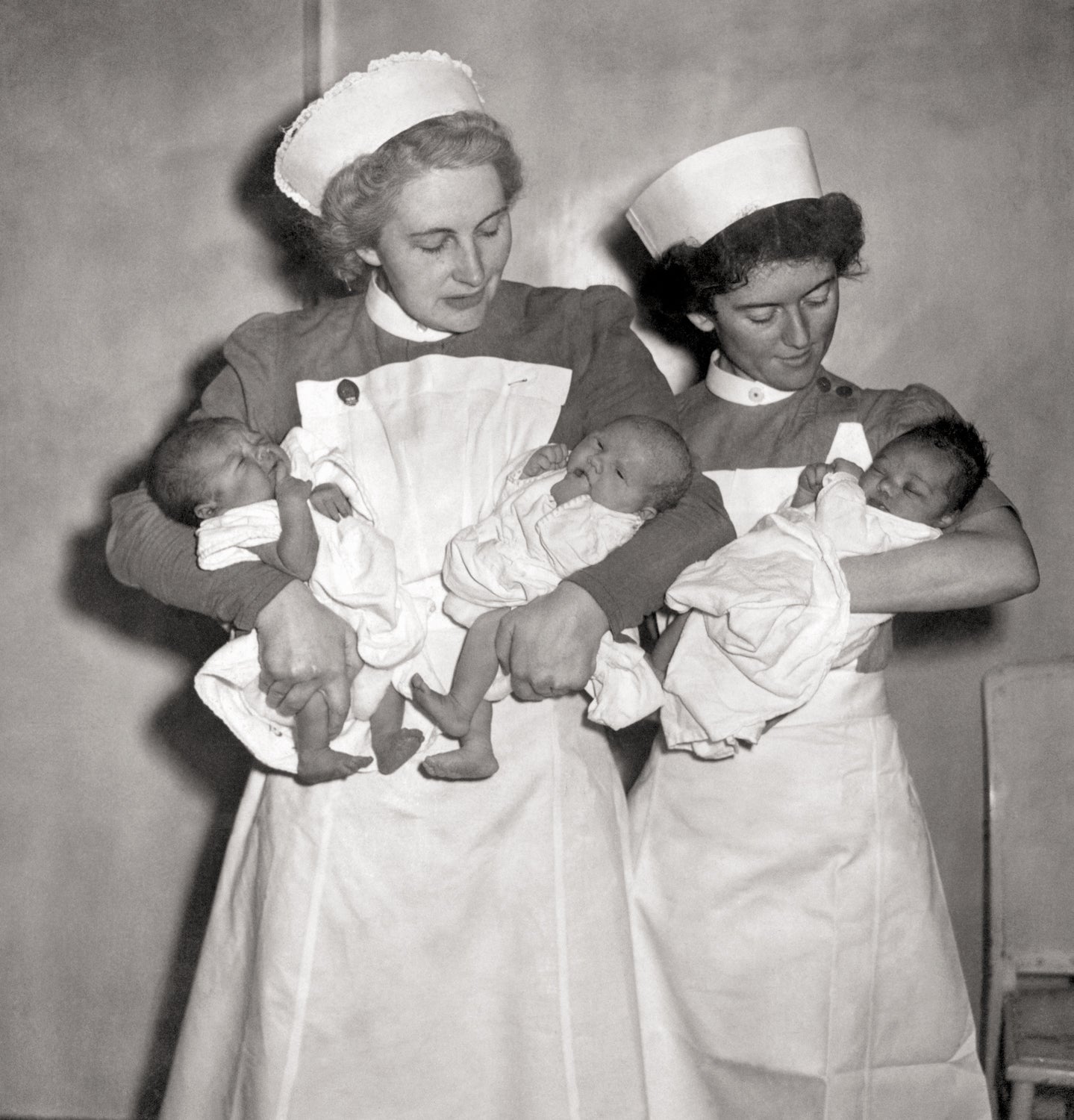
Nurses cradle the first babies to be born under the new National Health Serviceo on 5th July, 1948. Had they been born a day earlier, they would have cost their families one shilling and sixpence.
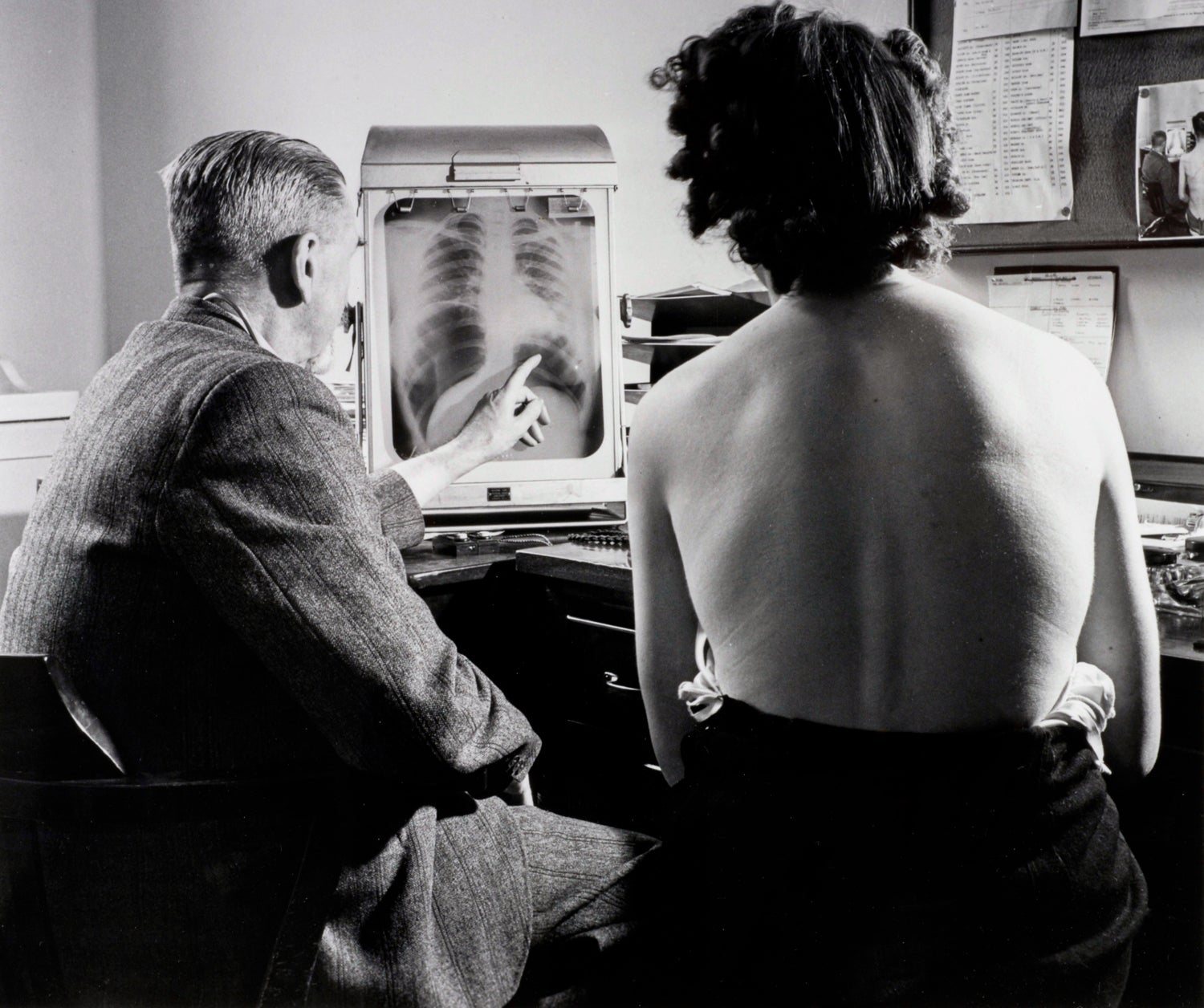
X-rays were a vital diagnostic tool, instrumental in the fight against tuberculosis – which was responsible for around 25,000 deaths a year in Britain prior to 1948.
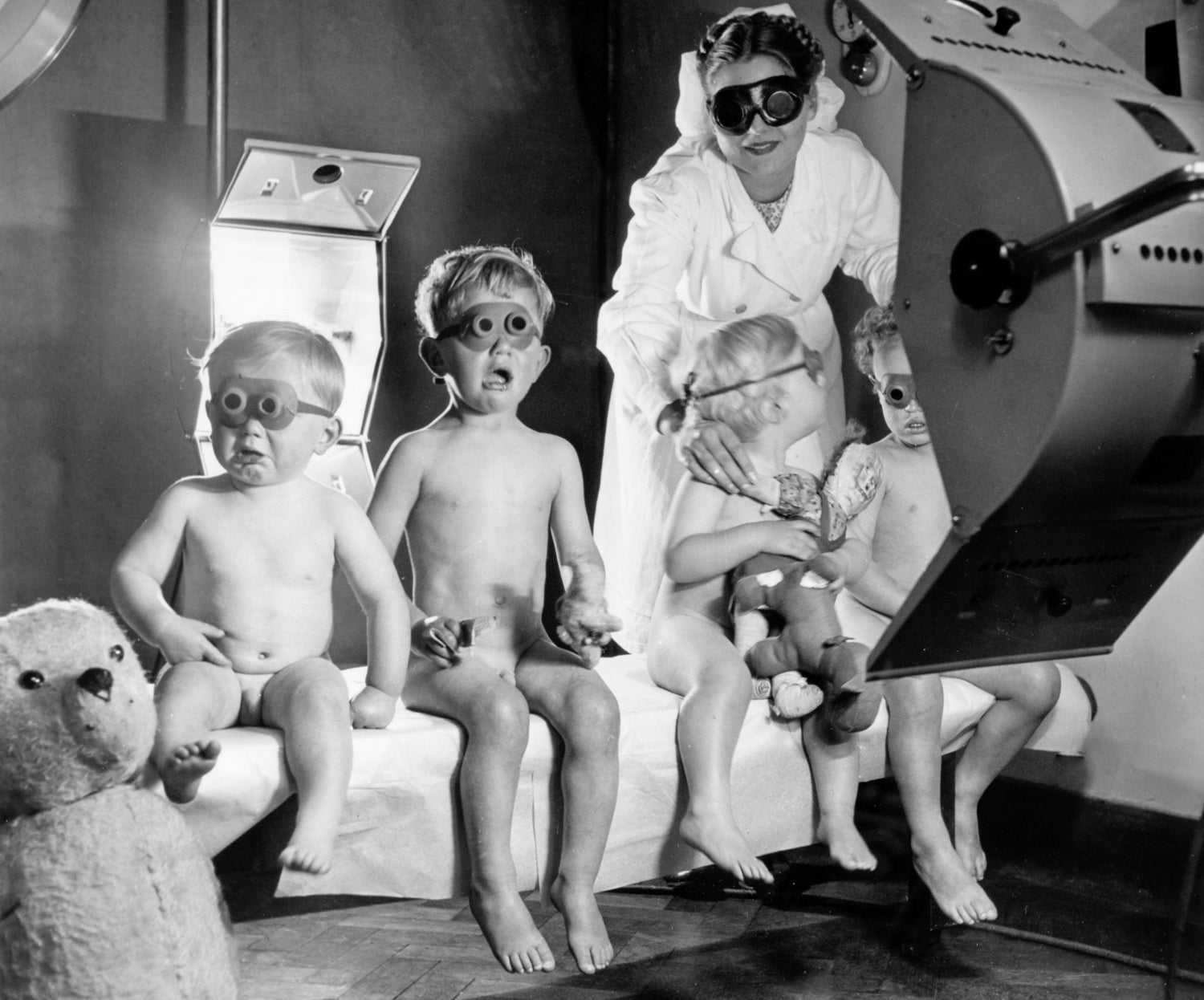
Children receive sun-lamp therapy, believed to have a curative effect on everything from chest infections to acne, in 1948. The link between UV rays and skin cancer was then unknown.
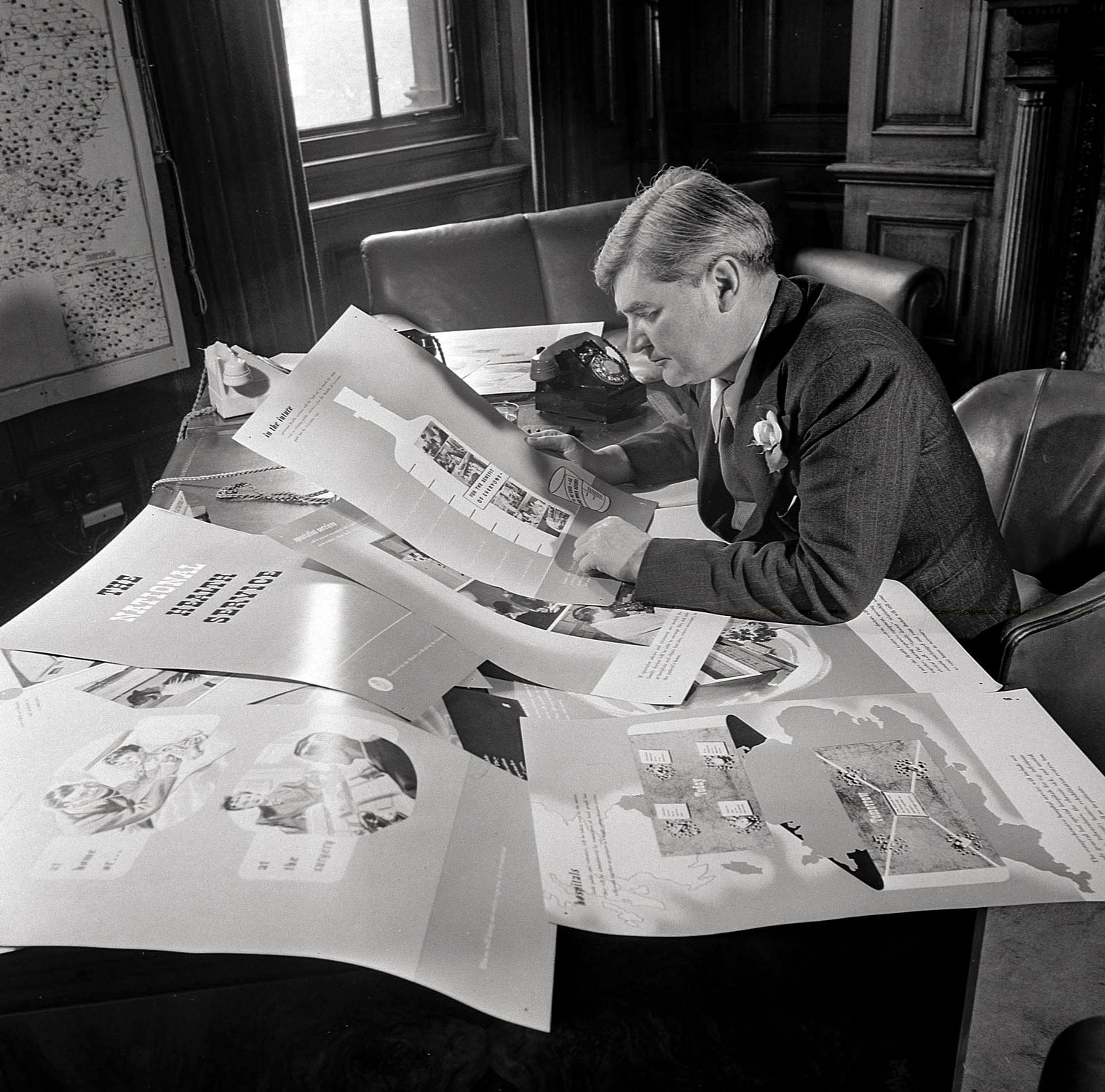
Aneurin Bevan, Labour Minister for Health, reviews the public information campaign in July 1948.

Construction of new blocks at St Thomas’ Hospital in 1970. The plan included operating suites, outpatients department, research institute, nurses’ home and nurses’ training school.
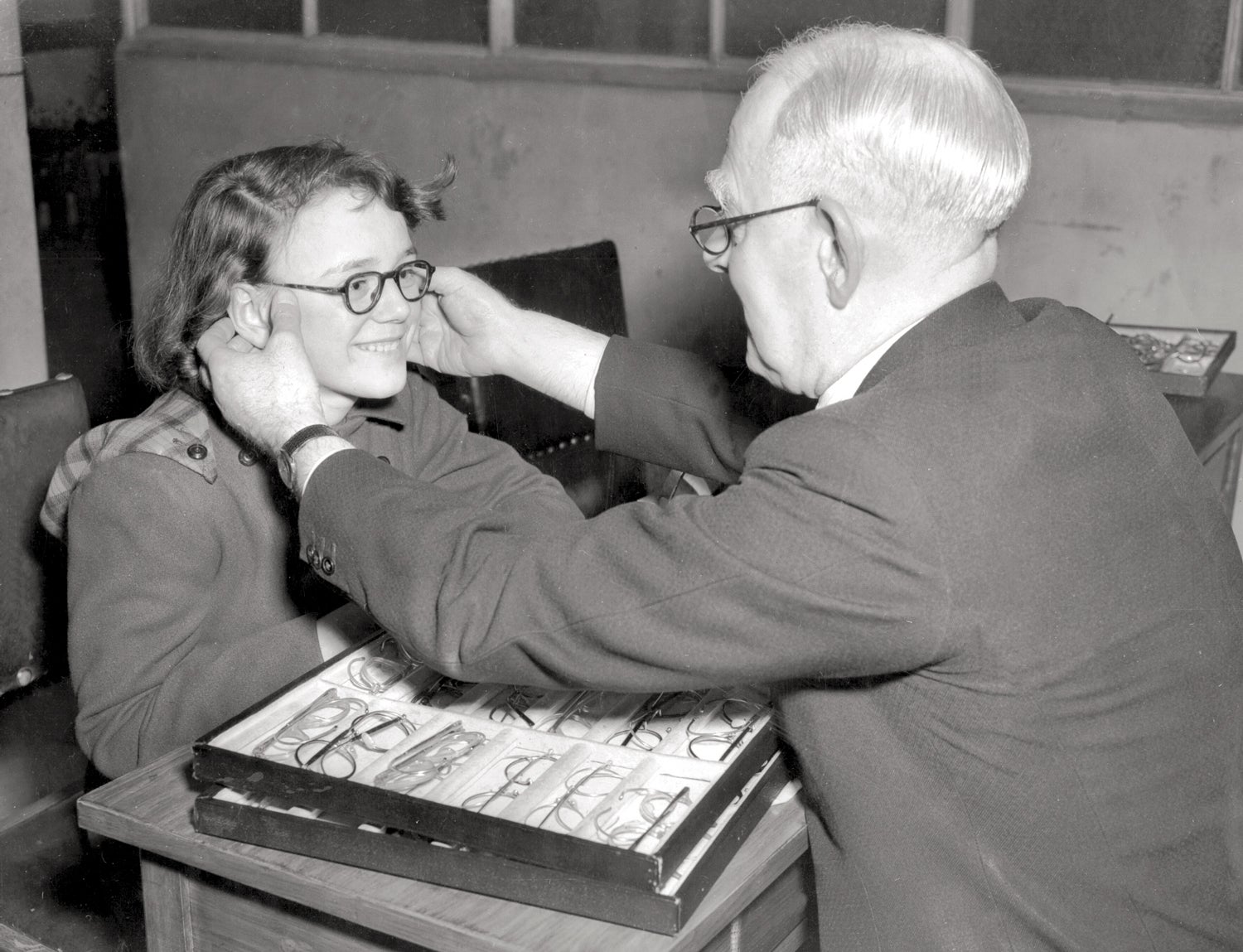
Patient being fitted for glasses at the Moorfields Eye Hospital in east London, 1950. The NHS boasted that many stylish frames were available.
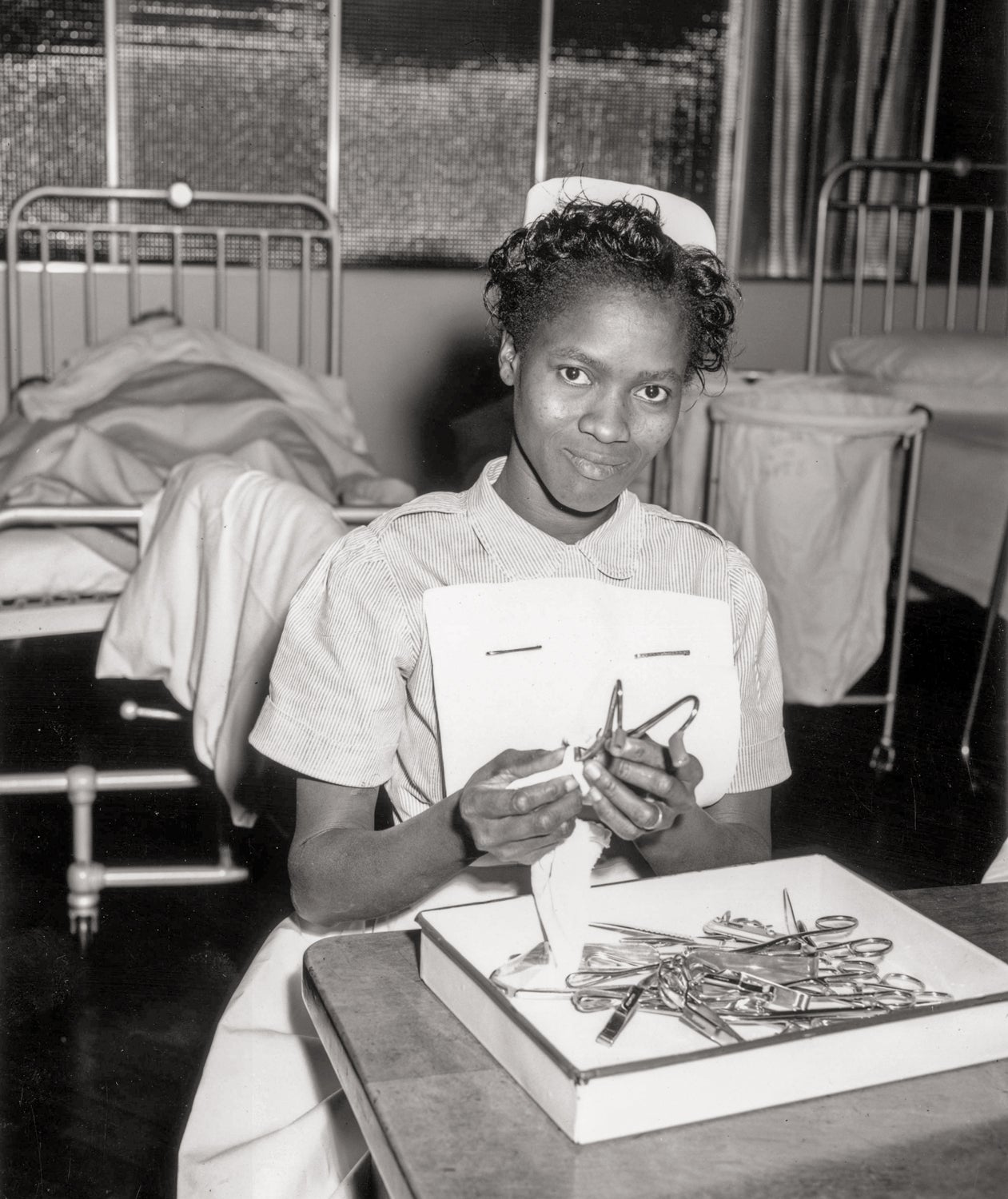
A Nigerian nurse in Brook General Hospital, London, 1958. The 1950s saw increased recruitment from the Commonwealth and Caribbean as the shortfall in nurses grew.
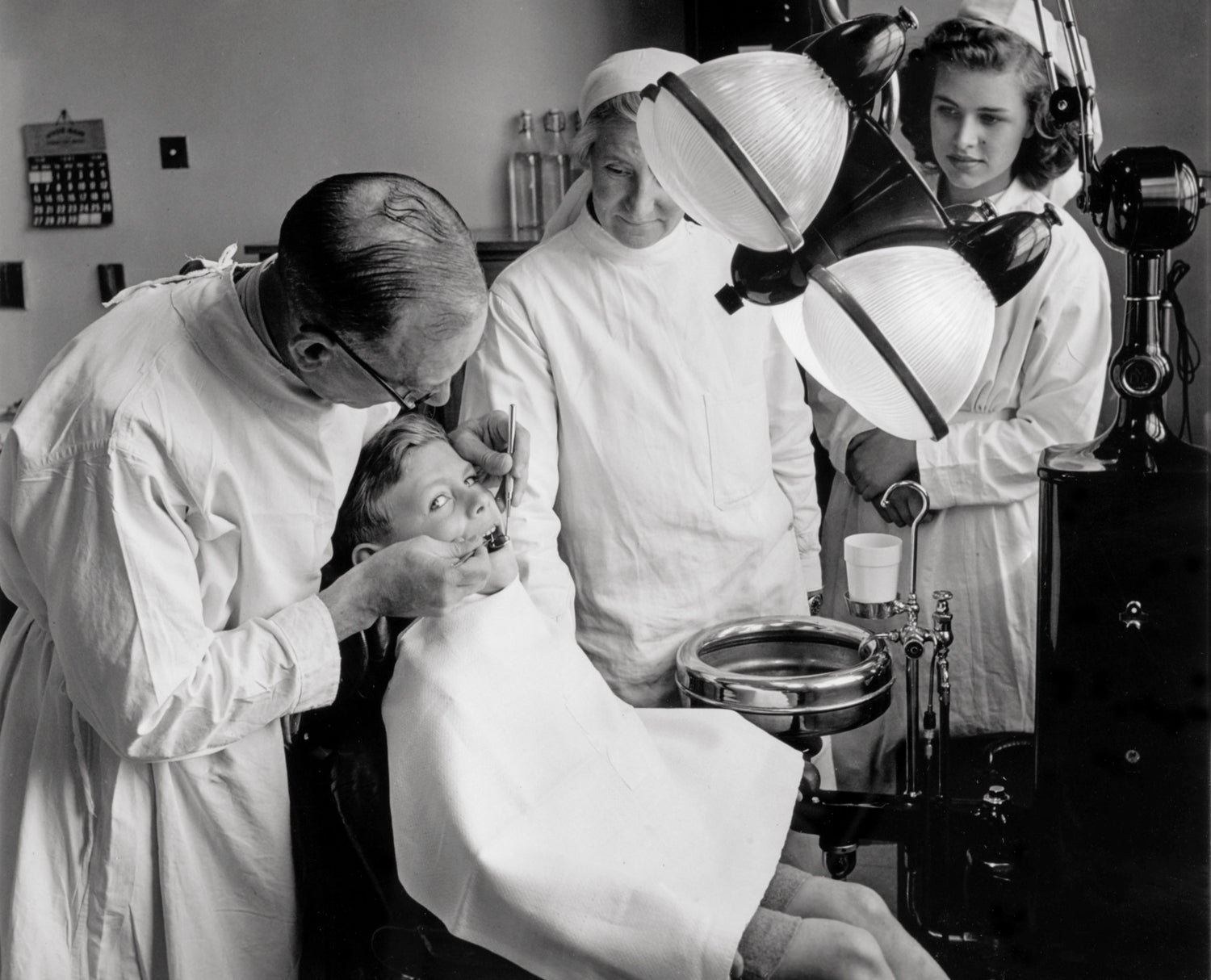
With regular check-ups younger generations would get to keep their teeth, but the first nine months of the NHS saw 4.5 million extractions and 33 million artificial teeth issued.
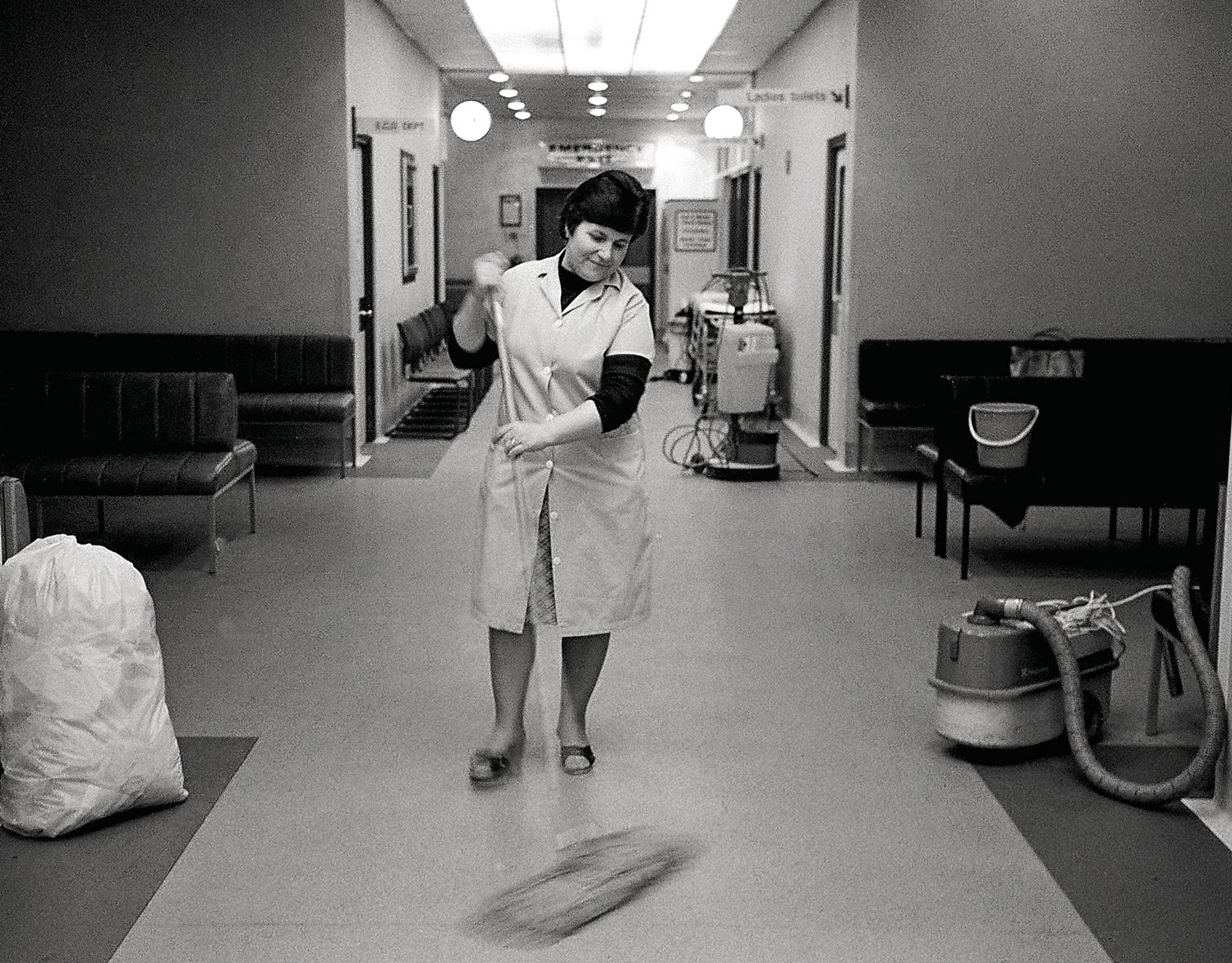
Representing over 40 per cent of all employees, and often regarded as its forgotten workforce, ancillary staff – including laundry workers, cleaners, caterers, porters and maintenance staff – have been critical to the success of the NHS, yet historically among the worst paid people in the country. In the late 1980s the Conservative government began a process of outsourcing these services to private contractors.
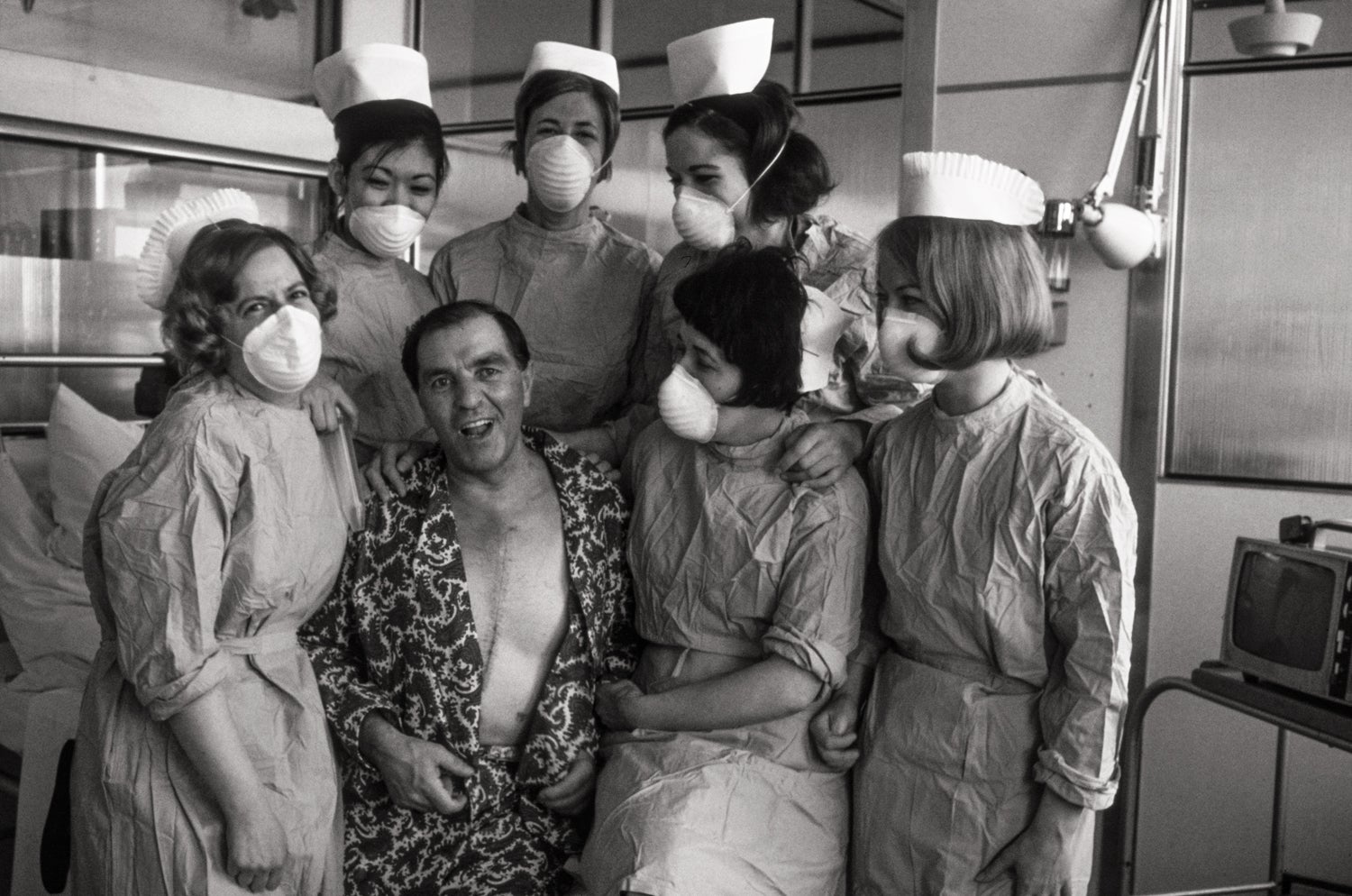
Britain’s first heart transplant patient Frederick West with nurses at the National Heart Hospital in London, 1968.
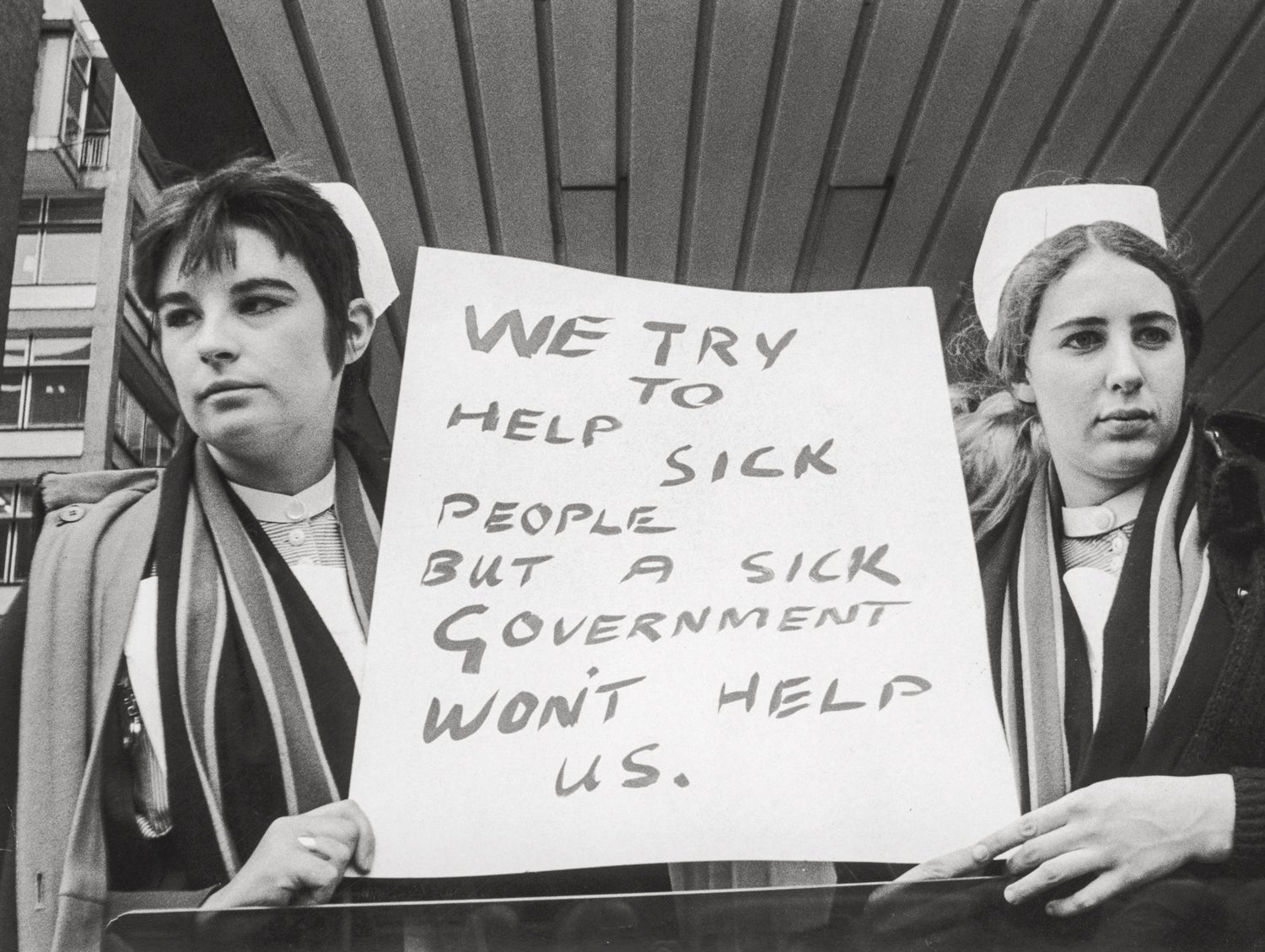
A nationwide ‘Raise the Roof‘ campaign for fair pay was launched in 1969, which reached the House of Commons with a lobby by the United Nurses Association.
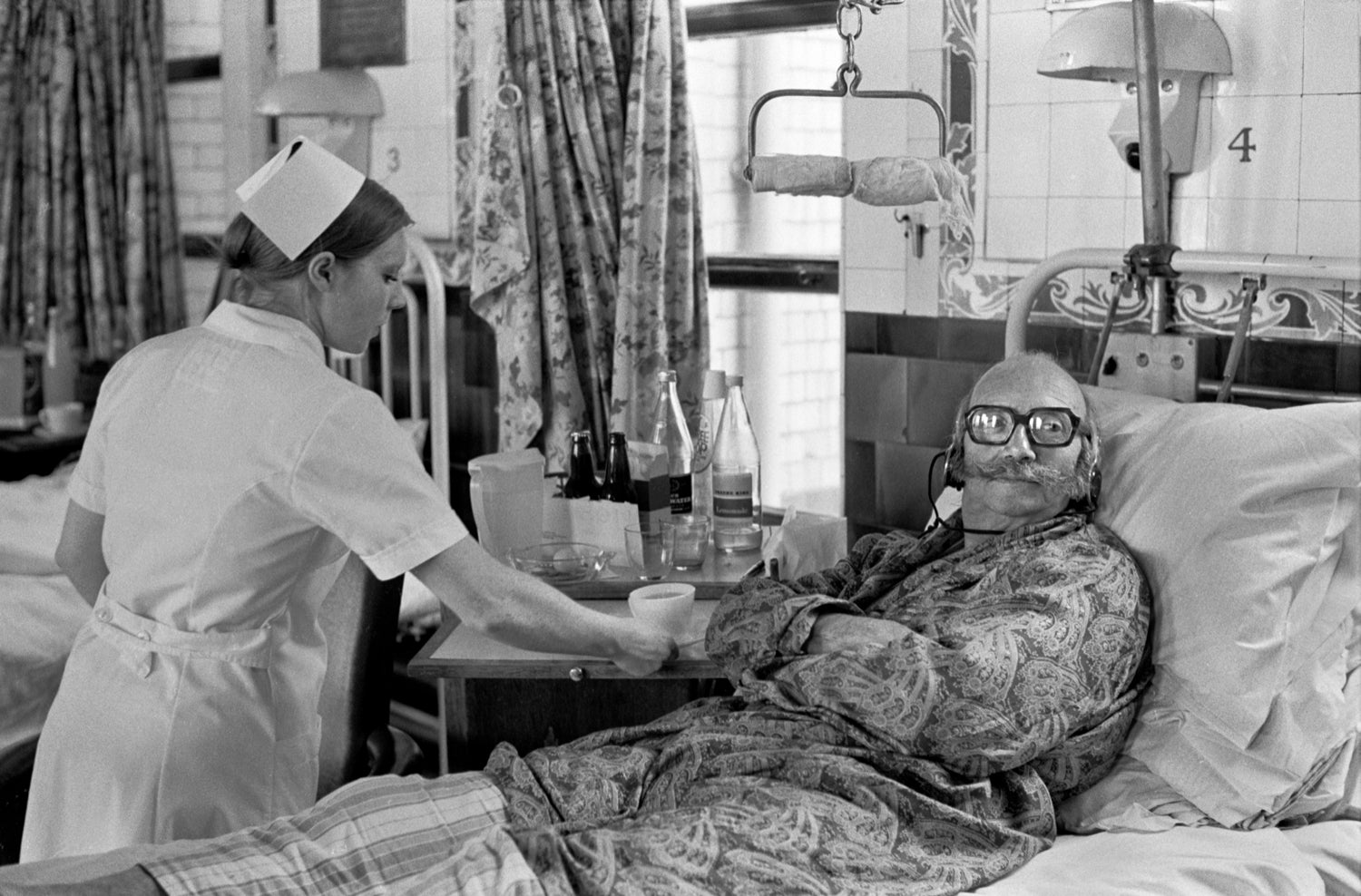
Patient in Charing Cross Hospital watches TV with headphones, 1972.
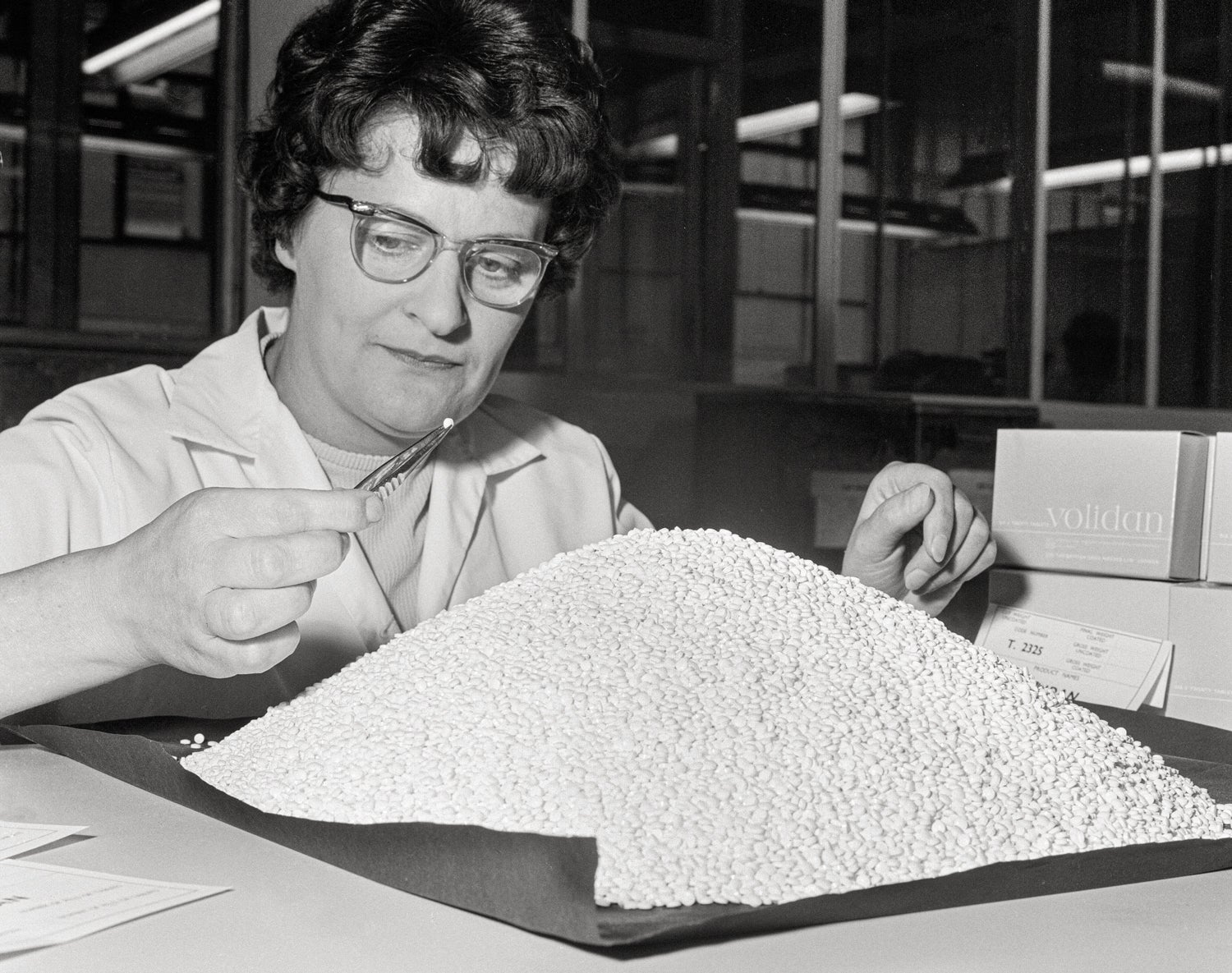
A pivotal moment in the history of women’s health, birth control pills became available without charge on the NHS in 1961, despite vocal concerns in parliament about spiralling costs. Initially only prescribed to married women, the Family Planning Act of 1967 allowed single women to access them too.
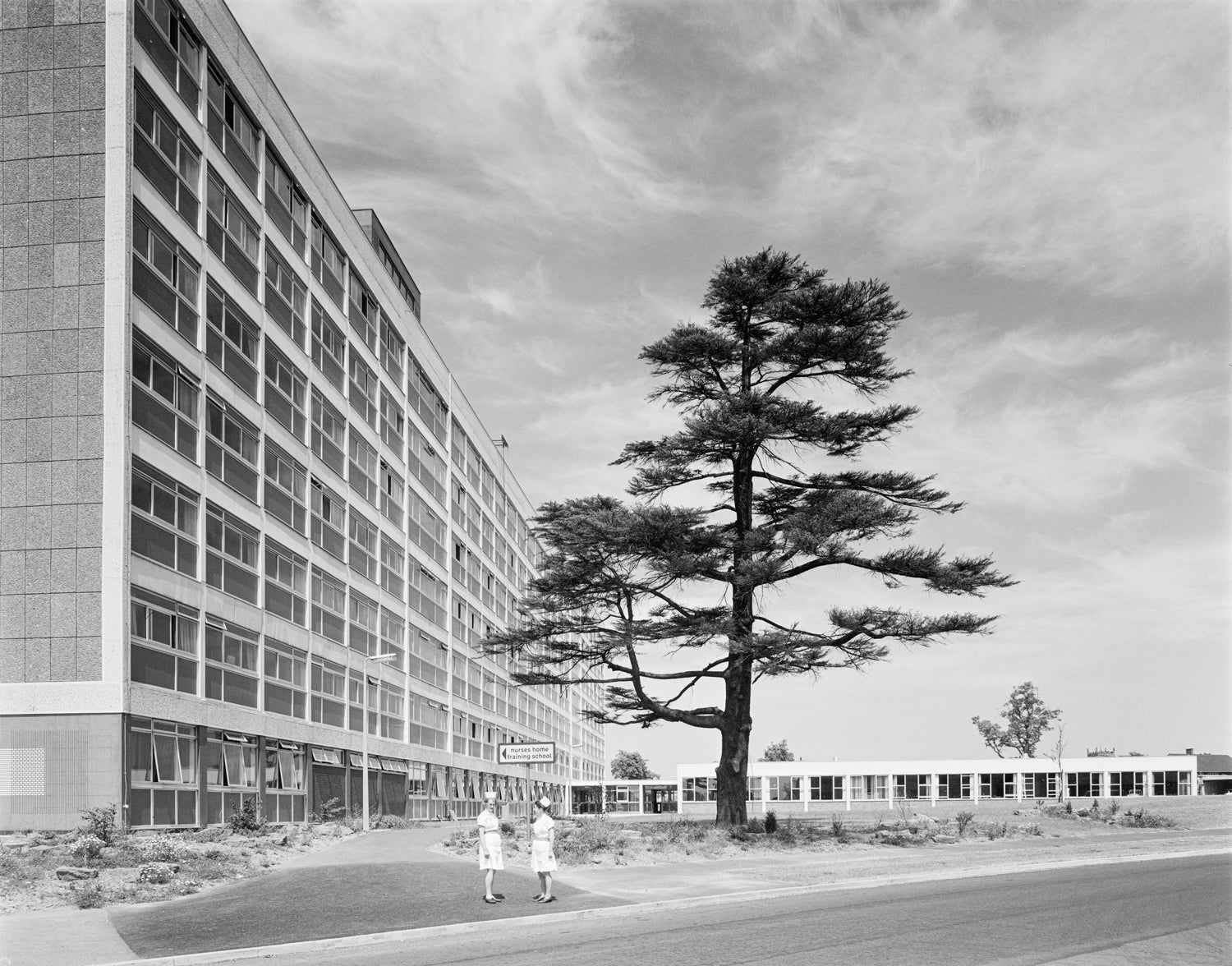
The new nurses’ training school at Walsgrave Hospital, Coventry in 1969.

The National Health Service with an introduction by Lucy Davies is published by Hoxton Mini Press
Join our commenting forum
Join thought-provoking conversations, follow other Independent readers and see their replies
Comments
Bookmark popover
Removed from bookmarks